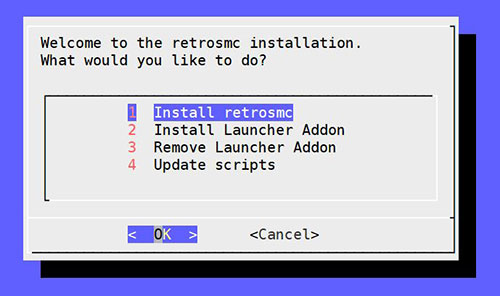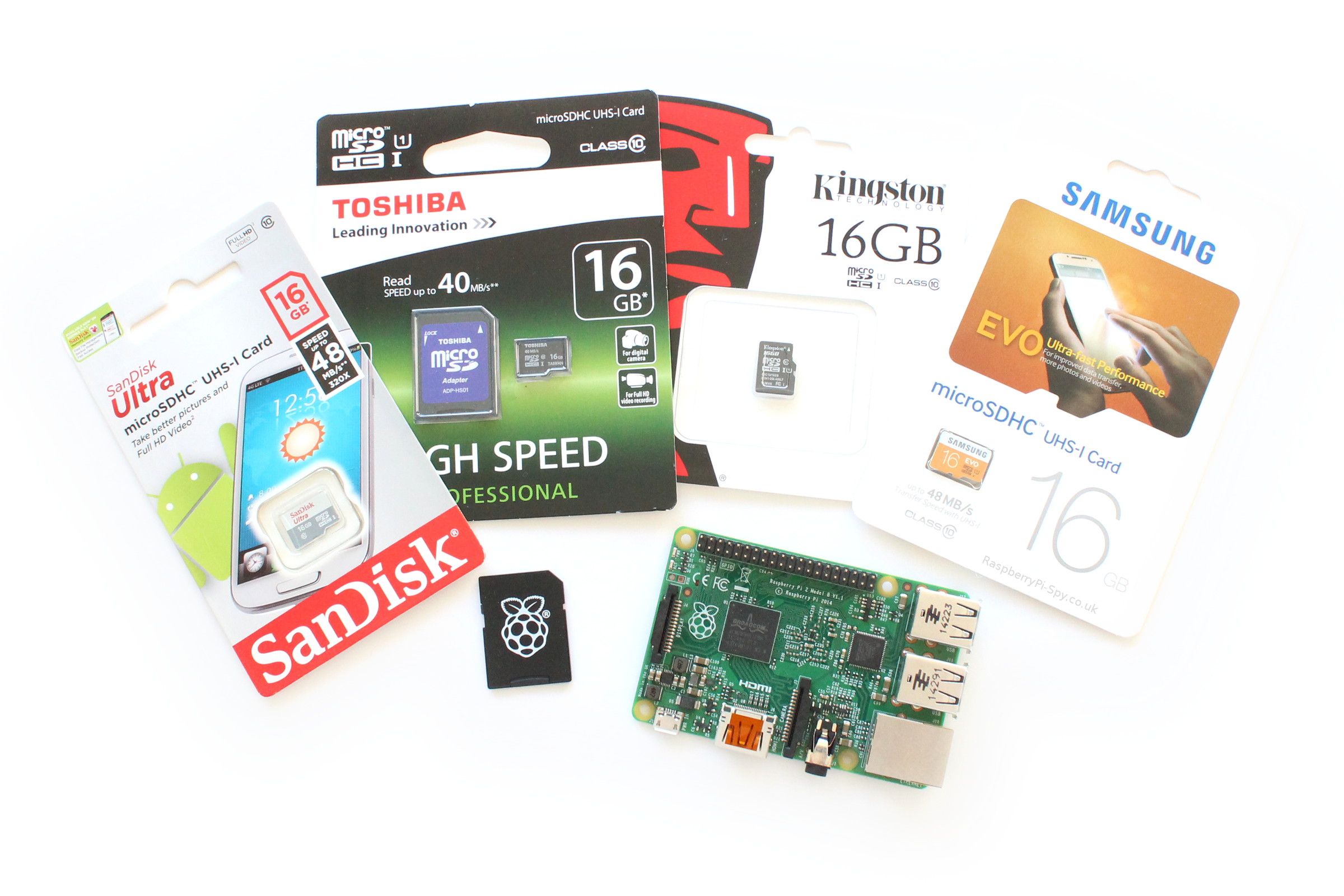
- #How to install retropie and osmc on to raspberry pi 3 update
- #How to install retropie and osmc on to raspberry pi 3 manual
- #How to install retropie and osmc on to raspberry pi 3 skin
- #How to install retropie and osmc on to raspberry pi 3 Bluetooth
Before updating, you should verify if any add-ons you use regularly are supported with the new version of Kodi. As a result, some of your add-ons may not work as expected unless they have been updated by their maintainer. Python 2.x reached end of life some time ago, and Kodi v19 has migrated to using Python 3.x for add-ons. We are hoping to streamline this process more in the near future.
#How to install retropie and osmc on to raspberry pi 3 manual
Pairing with OSMC to stream to an external device is possible but requires a couple of manual steps.
#How to install retropie and osmc on to raspberry pi 3 Bluetooth
We are finally happy to introduce a new Bluetooth audio streaming stack which should making pairing a device to stream audio to OSMC much simpler and this should now work out of the box with My OSMC. We've been working on improving Bluetooth audio for a number of years and it's been in an experimental state for a long time. Features that will be of increasing importance, such as Wireguard support are now shipping as standard. We're shipping newer kernels with greater hardware support than ever with improved support for building your own modules downstream and DKMS support. There are a number of changes under the hood - some subtle, and some major, which should yield benefit in the near future. Over the last eight months, we've revamped OS internals to prepare OSMC for the next few years, with significant changes to our build system and infrastructure. We are however also working on the V4L2/GBM stack for the future – but don’t plan to move over to that until we can guarantee that we have feature parity. The playback improvements we have made are possible because we are maintaining our own vendor specific video decoding pathway downstream from Kodi. This offers 3D MVC framepacked playback HDR10+ support, HLG support and improved HDR -> SDR tonemapping. The Vero 4K/4K+ now ships with a new 4.9 kernel and new video stack.

You should read about these changes before upgrading. In the short term, this does have some regressions, which were covered previously here. Raspberry Pi now uses V4L2/GBM for video decode. This video stack is an effort to harmonise video playback standards across a number of devices.

Updated video stacksĭue to upstream changes with Kodi and the Raspberry Pi kernel, the Pi now uses the V4L2/GBM stack for video decode.

#How to install retropie and osmc on to raspberry pi 3 skin
You can learn more about the skin changes here. We've listened to your feedback and taken time to improve the OSMC skin further for this update, bringing a slicker experience. You can install on your device today from the Download page. With Kodi v19, we introduce support for Raspberry Pi 4 / 400 models. In summary: Raspberry Pi 0 /1 and Vero 2 devices are now no longer supported, and the November 2020 release with Kodi v18.9 is the last version to run on these devices. Supported device changesĪ few months ago, we covered in detail the changes to supported devices. On the OSMC side, we've improved support for binary add-on compatibility, including more visualisations and screensavers. Kodi v19 (Matrix) is now available as standard on OSMC, and release details can be found here.
#How to install retropie and osmc on to raspberry pi 3 update
This is our largest update ever in the seven years that the OSMC project has existed, and we've got a lot to cover, so let's dive in.

It took a lot of time and effort from a large number of developers to release this stable update and get things to a place where we want it. We've been very busy behind the scenes and we're now happy to announce the availability Kodi v19 for all OSMC supported devices (note that these have changed, as explained below). It's been a while since we released an update.


 0 kommentar(er)
0 kommentar(er)
